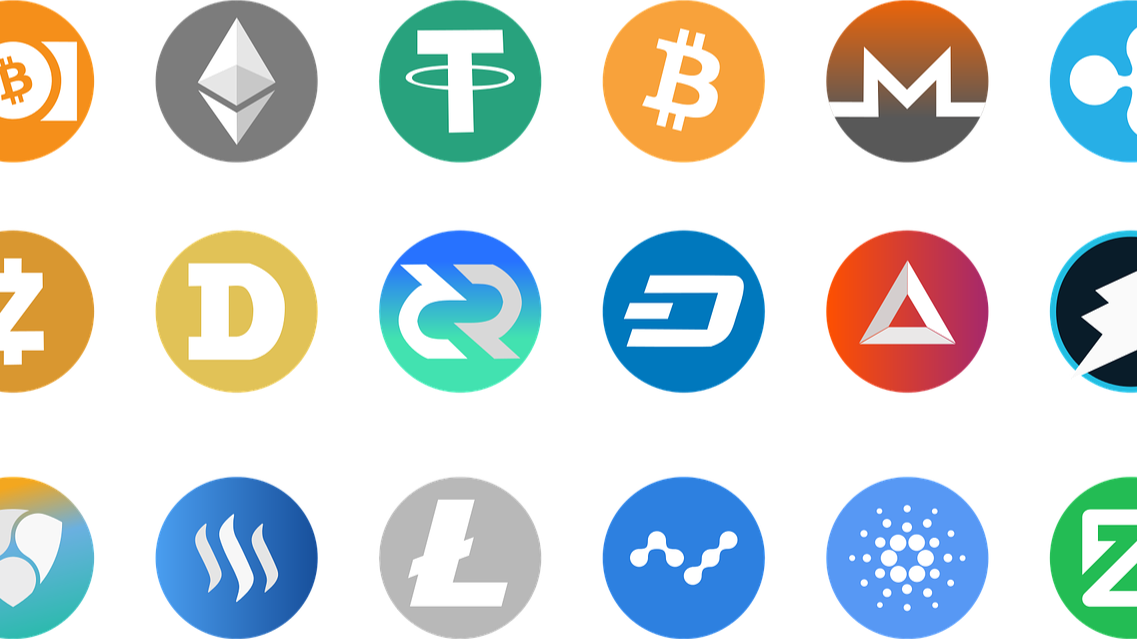
What is Ethereum(ETH)?
Ethereum is a decentralized, open-source blockchain platform designed to enable the creation and execution of smart contracts and decentralized applications (dApps). It was created by Vitalik Buterin in 2014 as a response to the limitations of the Bitcoin blockchain, which he believed could be expanded upon to create a more versatile platform. Ethereum's primary cryptocurrency is Ether (ETH), which is used to pay for transaction fees and incentivize miners to secure the network.
History of Ethereum:
Ethereum's development began in 2014, when Vitalik Buterin released a whitepaper outlining his vision for a new blockchain platform that would allow developers to build decentralized applications. The Ethereum blockchain was launched in 2015, after a successful crowdfunding campaign that raised over $18 million.
One of the key features of Ethereum is the ability to create and execute smart contracts. These are self-executing contracts with the terms of the agreement written into code, which can be automatically enforced without the need for intermediaries. Smart contracts have many potential use-cases, from managing supply chain logistics to creating decentralized finance (DeFi) applications.
Current Use-Cases of Ethereum:
Decentralized Finance (DeFi): One of the most significant use-cases of Ethereum is in the DeFi space, which has exploded in popularity over the past few years. DeFi refers to a set of financial applications built on decentralized blockchain platforms, which aim to provide more open, transparent, and accessible financial services. Ethereum is the primary platform for DeFi, with many DeFi applications built on top of its blockchain.
Some of the most popular DeFi applications on Ethereum include:
Decentralized exchanges (DEXs), such as Uniswap and SushiSwap, which allow users to trade cryptocurrencies without the need for a centralized intermediary.
Lending and borrowing platforms, such as Aave and Compound, which allow users to earn interest on their cryptocurrency holdings or borrow cryptocurrencies by collateralizing their existing holdings.
Stablecoins, such as DAI and USDC, which are cryptocurrencies that are pegged to the value of a fiat currency (such as the US dollar) and are designed to provide a stable store of value.
Non-Fungible Tokens (NFTs): Another use-case of Ethereum that has gained a lot of attention recently is non-fungible tokens (NFTs). NFTs are unique digital assets that are stored on the Ethereum blockchain and can represent anything from art and music to video game items and virtual real estate. NFTs are bought and sold using Ether, and their ownership is recorded on the Ethereum blockchain, making them easily transferable and verifiable.
Gaming: Ethereum is also being used to create blockchain-based games that can offer new levels of transparency and player ownership. Games like Axie Infinity and CryptoKitties use Ethereum-based NFTs to represent unique in-game items and characters that players can buy, sell, and trade. These games have gained a lot of popularity in recent years, with some players earning significant amounts of money by selling rare in-game items.
Supply Chain Management: Ethereum can be used to create decentralized supply chain management systems, where every step of the supply chain is recorded on the blockchain, allowing for greater transparency and efficiency. This can help to reduce the risk of fraud and errors and make it easier to track products from the point of origin to the end consumer.
Future Use-Cases of Ethereum:
Decentralized Social Media: One potential use-case for Ethereum in the future is in the creation of decentralized social media platforms. Decentralized social media would be built on blockchain technology and would offer more privacy, security, and control for users. Unlike traditional social media platforms, which are owned and controlled by large corporations, decentralized social media would be governed by a decentralized network of users, with no single entity having control over the platform.
Identity Verification: Another potential use-case for Ethereum is in the area of identity verification. The blockchain's transparent and immutable nature makes it well-suited for creating secure and reliable identity verification systems. With Ethereum, it's possible to create a self-sovereign identity system, where individuals have control over their own personal data and can grant or revoke access to it as they see fit.
Decentralized Cloud Computing: Ethereum can also be used to create decentralized cloud computing platforms, where users can rent out their unused computing power to others. This can provide a more cost-effective and efficient alternative to traditional cloud computing services, which are often centralized and owned by large corporations.
Decentralized Governance: Ethereum can be used to create decentralized governance systems, where decisions are made through a transparent and democratic process. These systems can be used to govern anything from decentralized autonomous organizations (DAOs) to entire countries, providing a more democratic and transparent alternative to traditional forms of governance.
Conclusion:
Ethereum is a versatile and powerful blockchain platform that has the potential to revolutionize many industries. Its ability to create and execute smart contracts and decentralized applications has led to the creation of many innovative and groundbreaking projects, from DeFi and NFTs to blockchain-based gaming and supply chain management systems. As the platform continues to evolve and new use-cases are discovered, it's clear that Ethereum will continue to play a significant role in the blockchain ecosystem and beyond.















